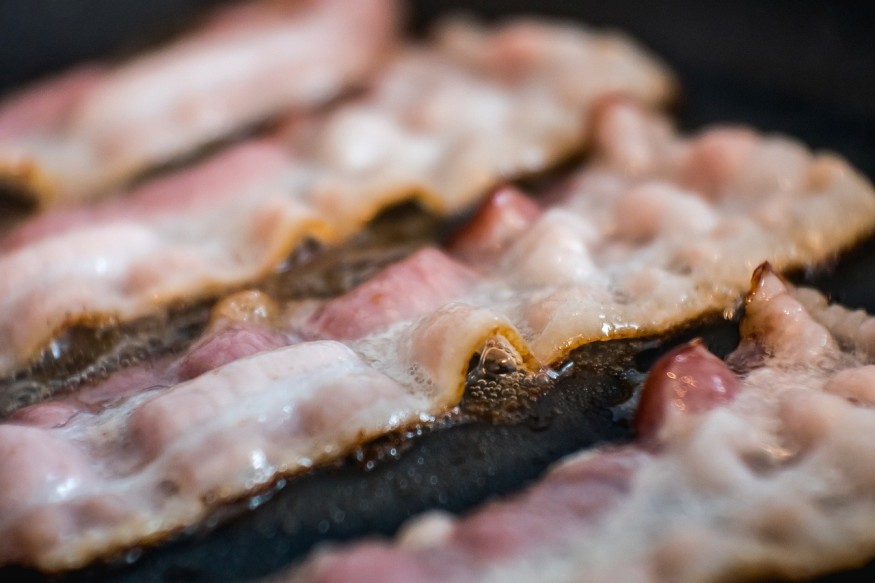When the day comes that humans have to stop eating animals, scientists say that there must be some appealing alternatives to those who will still have meat on their minds.
Futurism reports that while the plant-based meat sector is struggling and lab-grown meat looks several years away from becoming a practical reality, a hybrid solution mixing cultured animal fat with existing plant-based goods may be the best way ahead.

Fake Bacon Made With Lab-grown Fat
Animal fat is a critical component in numerous sectors, including food preparation. Plant-based alternatives, also referred to sometimes as fake bacon, while necessary, may not always provide the same fidelity as meat-based alternatives. That is why the ability to manufacture lab-grown fat might essentially transform the industry forever.
Yasmin Tayag of The Atlantic got a taste of this emerging trend and wrote in a recent essay describing her experience sampling some wonderful, guilt-free bacon. She noted that there is a need to make the alternatives far more appealing to the many people who still have meat on their minds, which could be the answer.
Plant-based meat is a saving grace for the industry currently swinging towards meatless meat. But as per Tayag's experience, the plant-based meat injected with lab-grown fat is just as good as the real thing.
Tayag wrote that its difference from plant-based meat is already evident even before trying the bacon or seeing it. She noted that the aroma of salt, smoke, and sizzling fat from the kitchen seemed unmistakenly meat. Then the crunch gave away its satisfying chew, followed by a burst of hickory flavor and juiciness similar to animal fat.
The plant-based bacon was not just crispy, as expected from the delectable strips, but it also had a "pleasing chew" because of the lab-grown fat weaved throughout it. Tayag tasted the bacon strips made by biotech business Mission Barns, which produced the plant-based bacon after growing hog fat in a bioreactor.
Shortcomings of Plant-based Meat Infused With Lab-grown Fat
Yet, dripping lab-created fat into plant-based meat does not alleviate all of the industry's challenges. According to BGR, it ignores the lack of nutritional value that these plant-based alternatives provide. Real meat, for example, is high in protein, but plant-based alternatives are deficient in this area. There's also the issue of the cost of producing lab-grown fat, as it does not come cheap.
As a result, including it in every plant-based meat is not viable, especially if the goal is to keep it affordable. But with the industry progressively searching for methods to manufacture meat in laboratories, including even producing 3D-printed steaks, having lab-grown fat to aid the process should at least start innovators thinking of new ways to move plant-based meat ahead.
For now, everyone can only wait and watch where progress will take plant-based alternatives. So far, only Upside Food is the only industry to receive a go signal from the FDA, and it will be years away from debuting products to high-paying customers.
RELATED ARTICLE : Novameat 3D-Printed the "World's Biggest Piece of Cell-Based Whole Cut Prototype."
Check out more news and information on Food in Science Times.












